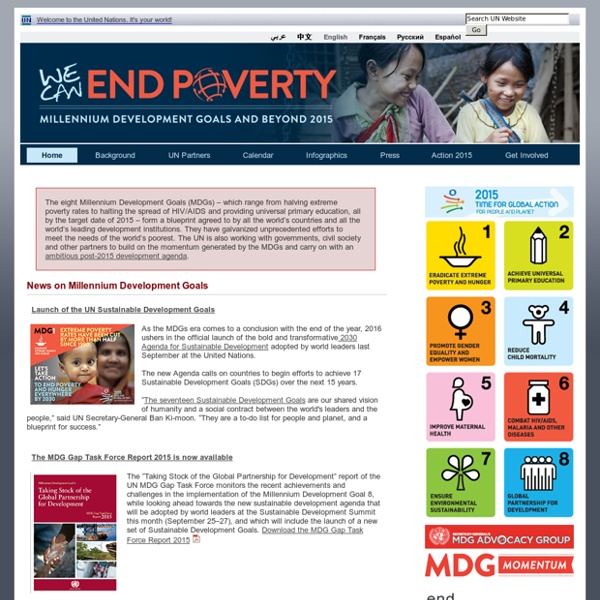



International Monetary Fund The International Monetary Fund (IMF) is an international organization headquartered in Washington, D.C., of "188 countries working to foster global monetary cooperation, secure financial stability, facilitate international trade, promote high employment and sustainable economic growth, and reduce poverty around the world."[1] Formed in 1944 at the Bretton Woods Conference, it came into formal existence in 1945 with 29 member countries and the goal of reconstructing the international payment system. Countries contribute funds to a pool through a quota system from which countries experiencing balance of payments difficulties can borrow money. As of 2010[update], the fund had XDR476.8 billion, about US$755.7 billion at then-current exchange rates.[4] Functions[edit] The IMF's role was fundamentally altered by the floating exchange rates post-1971. Surveillance of the global economy[edit] IMF Data Dissemination Systems participants: IMF member using SDDS IMF member using GDDS Benefits[edit]
Millennium Development Goals Voices around the world are demanding leadership in 2015 on poverty, inequality and climate change. These universal challenges demand global action, and this year presents unprecedented opportunities for achieving the future we want. This September, world leaders will gather at the United Nations in New York to adopt a new agenda for sustainable development. These new global Sustainable Development Goals (SDGs) will guide policy and funding for the next 15 years, beginning with a historic pledge to end poverty. Paul Ladd, Director of the UNDP Team on the Post-2015 Development Agenda, talks about 2015, a year in which countries will shape a new development agenda and reach a global agreement on climate change. This is also the deadline year for the Millennium Development Goals (MDGs), which in September 2000 rallied the world around a common 15-year agenda to tackle the indignity of poverty. The MDGs drove progress in several important areas:
Nasz Świat w Twoim mieście - mobilna wystawa / Aktualności / Kościół / Religia / DEON.pl Od kilku miesięcy krąży po Polsce multimedialna ciężarówka - mobilna wystawa, która w interaktywny sposób przybliża problematykę edukacji globalnej - ideę sprawiedliwego handlu, milenijnych celów rozwoju czy praw człowieka. Jej specjalnie zaadaptowane wnętrze wyposażone jest w sprzęt multimedialny, a także oryginalne eksponaty z krajów Globalnego Południa, które w obrazowy sposób przybliżą życie mieszkańców innych kontynentów oraz problemy i wyzwania współczesnego świata. Dzięki multimedialnym narzędziom każdy odwiedzający będzie miał możliwość zapoznania się z interesującymi historiami osób pochodzących m. in. z Ameryki Południowej i Afryki. Głównym celem projektu jest przybliżenie młodym ludziom realiów życia w krajach rozwijających się oraz zwiększenie świadomości na temat globalnych współzależności, dostępu do edukacji, zwalczania chorób oraz eliminacji ubóstwa. Od 17 sierpnia wystawę można ogladać w Warszawie, od poniedziałku do soboty od godziny 9 do 19. Zapraszamy!
7 billion people and you: What's your number? Sources: All population data are based on estimates by the UN Population Division and all calculations provided by the UN Population Fund. The remaining data are from other sections of the UN, the Global Footprint Network and the International Telecommunications Union. Want to find out more? Visit the UN Population Fund's detailed population calculator, 7 billion and me. Notes on the data: Only birth dates after 1910 can be accommodated and only countries with populations of more than 100,000 people are included. Three country groupings - developed, developing and least developed - featured in the conclusions are those referenced by the UN for assessing the Millennium Development Goals. Read the answers to frequently asked questions here.
Gapminder: Unveiling the beauty of statistics for a fact based world view. public data Indicateurs de développement humain Rapport sur le développement humain 2013, Programme des Nations Unies pour le développement Les données utilisées pour calculer l'Indice de développement humain (IDH) et autres indices composites présentés dans le Rapport sur le développement humain ... Eurostat, Indicateurs démographiques Eurostat Indicateurs démographiques annuels. Chômage en Europe (données mensuelles) données sur le chômage harmonisé pour les pays européens. Salaire minimum en Europe Salaire mensuel brut minimum en euros ou parités de pouvoir d'achat, données semi-annuelles. Dette publique en Europe Statistiques sur les finances publiques des pays européens.
Who we are | Future Earth Future Earth is the global research platform providing the knowledge and support to accelerate our transformations to a sustainable world. Bringing together existing programmes on global environmental change*, Future Earth will be an international hub to coordinate new, interdisciplinary approaches to research on three themes: Dynamic Planet, Global Development and Transformations towards Sustainability. It will also be a platform for international engagement to ensure that knowledge is generated in partnership with society and users of science. Professor Frans Berkhout is the interim Director, and the Science Committee is chaired by Dr Mark Stafford Smith, with Vice-Chairs Professor Melissa Leach and Dr Belinda Reyers. * DIVERSITAS, the International Geosphere-Biosphere Programme (IGBP), the International Human Dimensions Programme (IHDP) and the World Climate Research Programme (WCRP).
The United Nations at a Glance The UN was founded on 24 October 1945. The UN has 193 Members States. There are currently more than 100,000 UN peacekeepers in 16 peace operations. Arabic, Chinese, English, French, Russian and Spanish are the UN official languages. Did You Know? The United Nations is an international organization founded in 1945 after the Second World War by 51 countries committed to maintaining international peace and security, developing friendly relations among nations and promoting social progress, better living standards and human rights. The UN has 4 main purposes To keep peace throughout the world; To develop friendly relations among nations; To help nations work together to improve the lives of poor people, to conquer hunger, disease and illiteracy, and to encourage respect for each other’s rights and freedoms; To be a centre for harmonizing the actions of nations to achieve these goals. The work of the United Nations reaches every corner of the globe.
Task Force on Finance Statistics (TFFS)